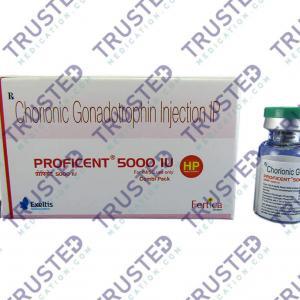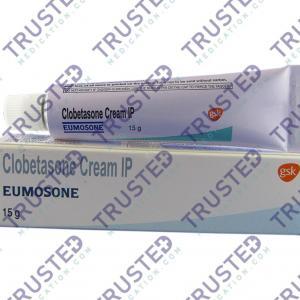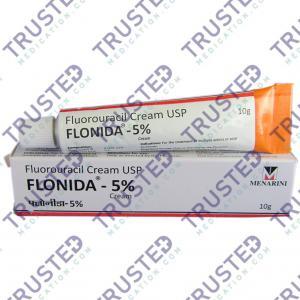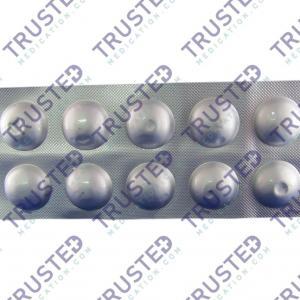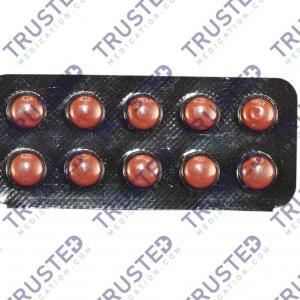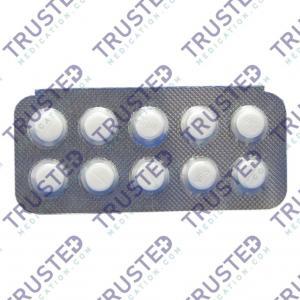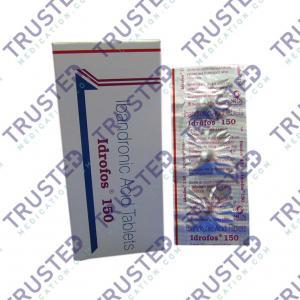
Reducing the risk of heart attack focuses on dealing with its risk factors and triggers. A heart attack happens when a part of the heart muscle doesn’t get enough blood. The more time that passes without treatment to restore blood flow, the greater the damage to the heart muscle. Heart disease is one of the leading causes of death. Reducing its risk may help manage the condition.

Symptoms of Heart Attack
- Chest pain or discomfort. Most heart attacks involve discomfort in the center or left side of the chest.
- Heart pain can feel like uncomfortable pressure, squeezing, fullness, or pain
- Feeling weak, light-headed, or faint
- Pain or discomfort in the jaw, neck, or back
- Pain or discomfort in one or both arms or shoulders
- Shortness of breath that comes along with chest discomfort
Simvotin as Medication for Heart Disease
Simvotin is an oral statin medication used for the treatment of heart and blood pressure due to high cholesterol. It is used to lower the low-density lipoprotein or also known as the bad cholesterol level in the body. Simvotin works by reducing the levels of low-density lipoprotein or LDL and triglycerides in the blood while increasing good cholesterol. It blocks the enzyme that the liver uses to produce cholesterol.
How to Reduce Your Risk of Heart Attack?

- Don’t smoke or use tobacco. One of the best things you can do for your heart is to stop smoking or using smokeless tobacco. Be sure to avoid secondhand smoke even if you’re not a smoker. Chemicals in tobacco can damage the heart and blood vessels. Smoking decreases blood oxygen levels, which increases blood pressure and heart rate.
- Stay active. Regular, daily physical activity can lower the risk of heart disease. Physical activity helps control your weight. In addition, it reduces the tendency to develop other heart diseases, such as high blood pressure, high cholesterol, and type 2 diabetes.
- Eat a heart-healthy diet. A healthy diet can help protect the heart, improve blood pressure and cholesterol, and reduce the risk of type 2 diabetes. A heart-healthy eating plan includes vegetables, fruits, healthy fats, and whole grains.
- Maintain a healthy weight. Obesity especially around the middle of the body increases the risk of heart disease. Being overweight can cause heart conditions that are more likely to develop. Reducing weight by just 3% to 5% can help decrease certain fats in the blood.
- Get good quality sleep. Without enough sleep, people are more likely to suffer from obesity, high blood pressure, heart attacks, diabetes, and depression. Make sure you are on a sleep schedule each night and rise and shine at the same time. Keep your bedroom dark and quiet, so it’s easier to sleep.

